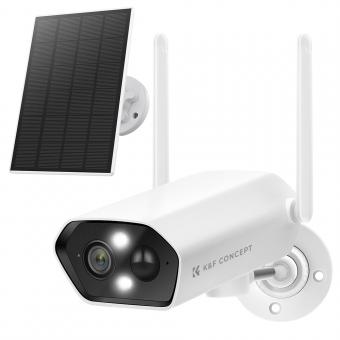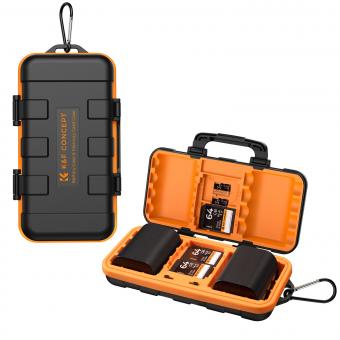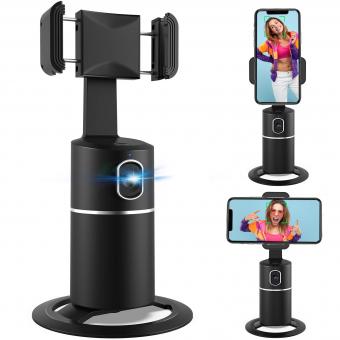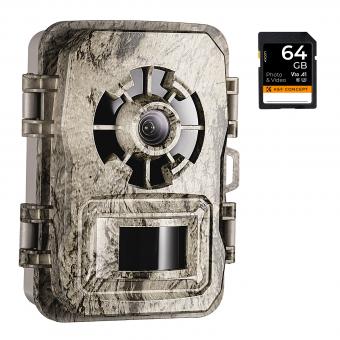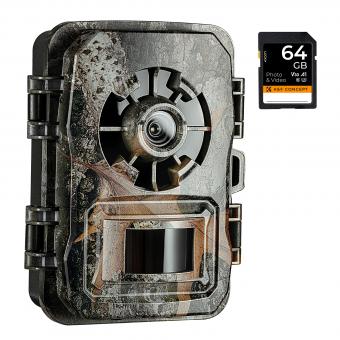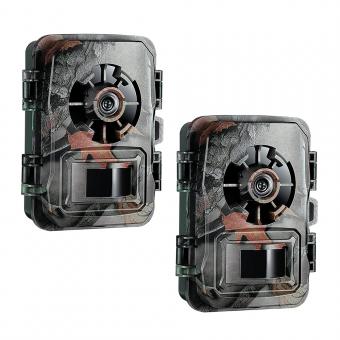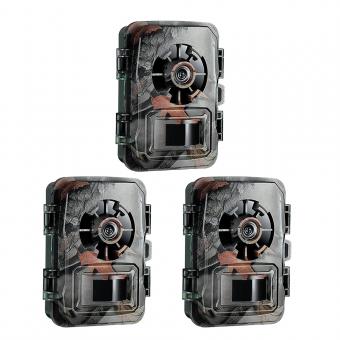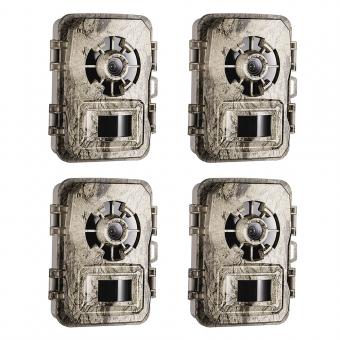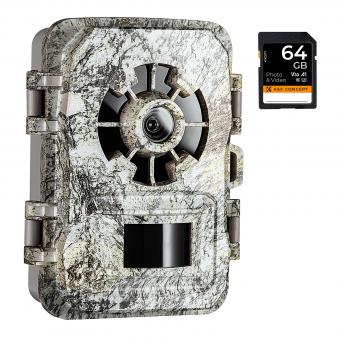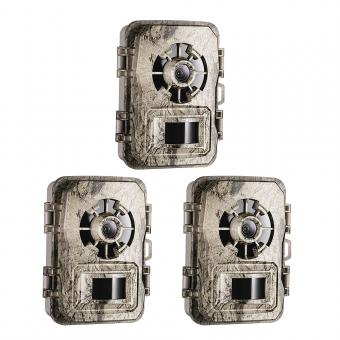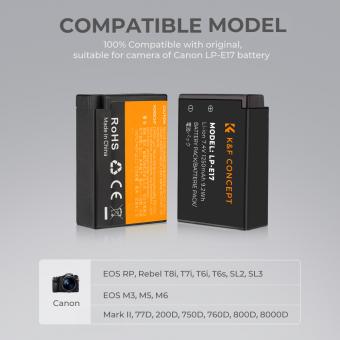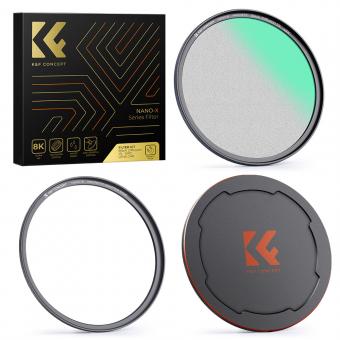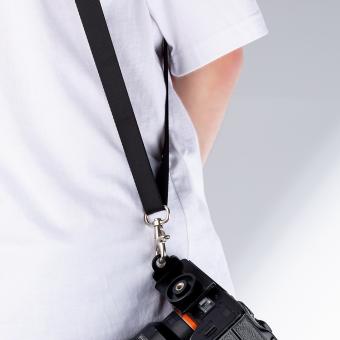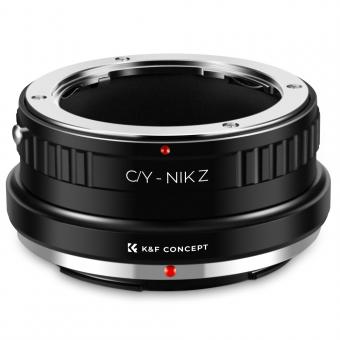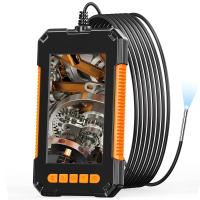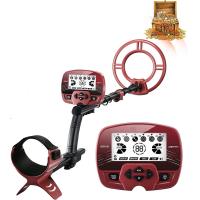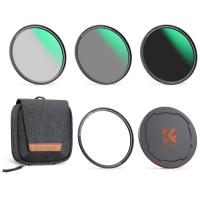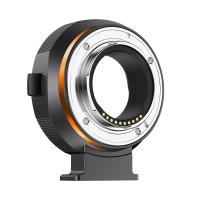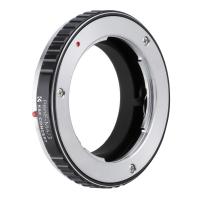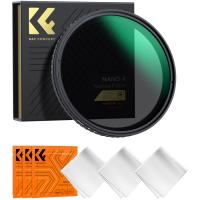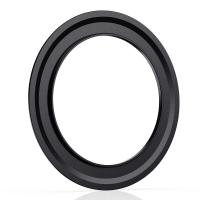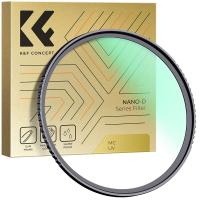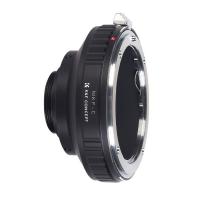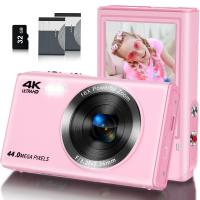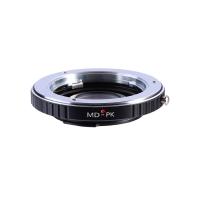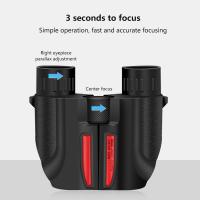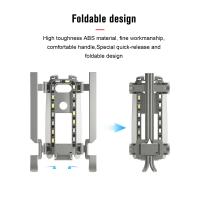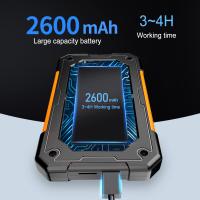What Is A Camera Battery ?
A camera battery is a rechargeable or disposable battery that powers a camera. It is specifically designed to provide the necessary voltage and current to operate the camera's various functions, including the lens, flash, and LCD screen. Camera batteries come in various shapes and sizes, depending on the camera model and manufacturer. Some cameras use proprietary batteries, while others use standard batteries such as AA or AAA. Rechargeable camera batteries can be charged using a battery charger, while disposable batteries must be replaced when they run out of power. It is important to use the correct type of battery for your camera to ensure optimal performance and avoid damage to the camera.
1、 Definition and Function of Camera Battery
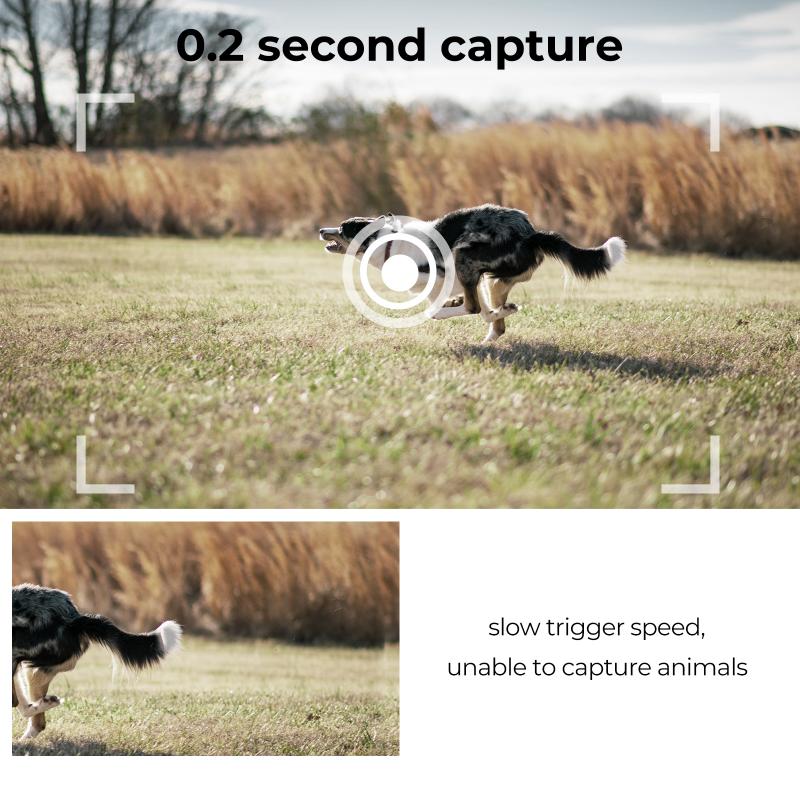
Definition and Function of Camera Battery
A camera battery is a rechargeable or disposable power source that provides energy to a camera to operate its functions. It is an essential component of any camera, as it powers the camera's internal circuits, LCD screen, and flash. Camera batteries come in various shapes and sizes, depending on the camera model and manufacturer.
The function of a camera battery is to provide a reliable and consistent source of power to the camera. It allows the camera to capture images and videos, store them on the memory card, and transfer them to other devices. Camera batteries are designed to be lightweight and compact, making them easy to carry around and replace when needed.
In recent years, camera battery technology has advanced significantly, with the introduction of lithium-ion batteries. These batteries offer higher energy density, longer life, and faster charging times than traditional nickel-cadmium batteries. Additionally, some camera manufacturers have introduced smart battery technology, which allows the camera to communicate with the battery and provide information about its status, such as remaining charge and estimated battery life.
In conclusion, a camera battery is a crucial component of any camera, providing the power needed to operate its functions. With advancements in battery technology, camera batteries have become more efficient, reliable, and long-lasting, making them an essential tool for photographers and videographers alike.
2、 Types of Camera Batteries

Types of Camera Batteries
Camera batteries are essential for powering digital cameras and other photography equipment. There are several types of camera batteries available in the market, each with its own advantages and disadvantages. Here are some of the most common types of camera batteries:
1. Lithium-ion (Li-ion) batteries: These are the most common type of camera batteries used today. They are lightweight, rechargeable, and have a high energy density, which means they can store a lot of power in a small size. Li-ion batteries are also known for their long lifespan and low self-discharge rate.
2. Nickel-metal hydride (NiMH) batteries: These are rechargeable batteries that are commonly used in point-and-shoot cameras. They have a higher capacity than alkaline batteries and can be recharged multiple times. However, they have a shorter lifespan than Li-ion batteries and can lose their charge quickly when not in use.
3. Alkaline batteries: These are disposable batteries that are commonly used in point-and-shoot cameras. They are inexpensive and widely available, but they have a shorter lifespan than rechargeable batteries and can leak if not used for a long time.
4. Zinc-carbon batteries: These are also disposable batteries that are commonly used in point-and-shoot cameras. They are inexpensive but have a shorter lifespan than alkaline batteries and can leak if not used for a long time.
5. Lead-acid batteries: These are heavy-duty batteries that are commonly used in professional cameras and lighting equipment. They are rechargeable and have a high capacity, but they are heavy and bulky.
In recent years, there has been a growing trend towards using eco-friendly and sustainable camera batteries. Some companies are now producing rechargeable batteries made from recycled materials, while others are developing batteries that can be charged using solar power. As the demand for sustainable camera batteries continues to grow, we can expect to see more innovative solutions in the future.
What is a camera battery?
A camera battery is a type of battery that is used to power digital cameras and other photography equipment. It is designed to provide a reliable source of power for extended periods of time, allowing photographers to capture high-quality images without worrying about running out of battery. Camera batteries come in various shapes and sizes, depending on the type of camera they are designed for. They can be rechargeable or disposable, and they are typically made from materials such as lithium-ion, nickel-metal hydride, or alkaline. The type of camera battery you choose will depend on your specific needs and preferences, as well as the type of camera you are using.
3、 Battery Life and Capacity

Battery Life and Capacity
A camera battery is a rechargeable battery that powers a digital camera. It is an essential component of any camera, as it provides the necessary power to operate the device. The battery life and capacity of a camera battery are important factors to consider when purchasing a camera, as they determine how long the camera can be used before the battery needs to be recharged or replaced.
Battery life refers to the amount of time a battery can power a device before it needs to be recharged or replaced. The battery life of a camera battery can vary depending on the type of camera, the settings used, and the type of battery. Some cameras have longer battery life than others, and some batteries have higher capacity than others.
Battery capacity refers to the amount of energy a battery can store. The higher the capacity, the longer the battery can power a device. Camera batteries come in different capacities, and it is important to choose a battery with a capacity that is suitable for your needs. A higher capacity battery may be necessary if you plan to use your camera for extended periods of time or if you plan to use power-hungry features such as video recording.
In recent years, there has been a trend towards using rechargeable lithium-ion batteries in cameras. These batteries have higher capacity and longer battery life than traditional nickel-metal hydride batteries. They are also more environmentally friendly, as they can be recharged many times before they need to be replaced.
In conclusion, the battery life and capacity of a camera battery are important factors to consider when purchasing a camera. It is important to choose a battery with a capacity that is suitable for your needs and to consider the type of battery used in the camera. Rechargeable lithium-ion batteries are becoming increasingly popular due to their high capacity and long battery life.
4、 Charging and Maintenance
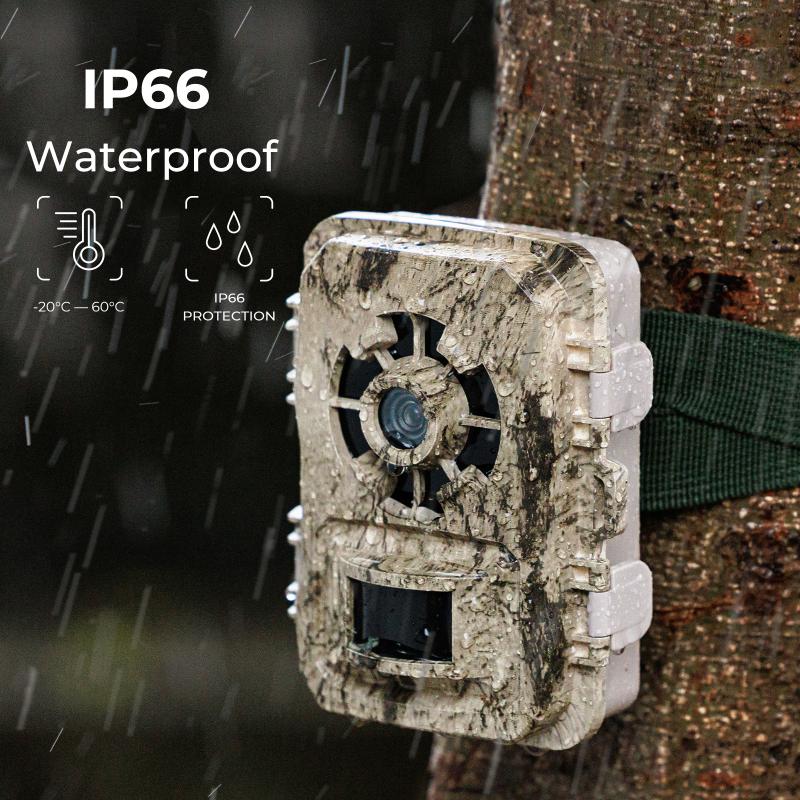
What is a camera battery?
A camera battery is a rechargeable battery that powers a digital camera. It is a crucial component of any camera as it provides the necessary power to operate the device. Camera batteries come in different shapes and sizes, depending on the camera model and brand. They are usually made of lithium-ion, which is a lightweight and long-lasting material.
Charging and Maintenance:
Charging and maintaining your camera battery is essential to ensure that it lasts as long as possible. Here are some tips to help you keep your camera battery in good condition:
1. Charge your battery fully before using it for the first time.
2. Use the charger that came with your camera to charge your battery.
3. Avoid overcharging your battery. Once it is fully charged, unplug it from the charger.
4. Store your battery in a cool, dry place when not in use.
5. Use your camera regularly. If you don't use your camera for an extended period, remove the battery and store it separately.
6. Avoid exposing your battery to extreme temperatures. High temperatures can damage the battery, while low temperatures can reduce its performance.
7. Replace your battery when it no longer holds a charge or shows signs of damage.
In conclusion, a camera battery is an essential component of any digital camera. Proper charging and maintenance are crucial to ensure that your battery lasts as long as possible and performs at its best. By following the tips above, you can keep your camera battery in good condition and avoid any potential issues.

